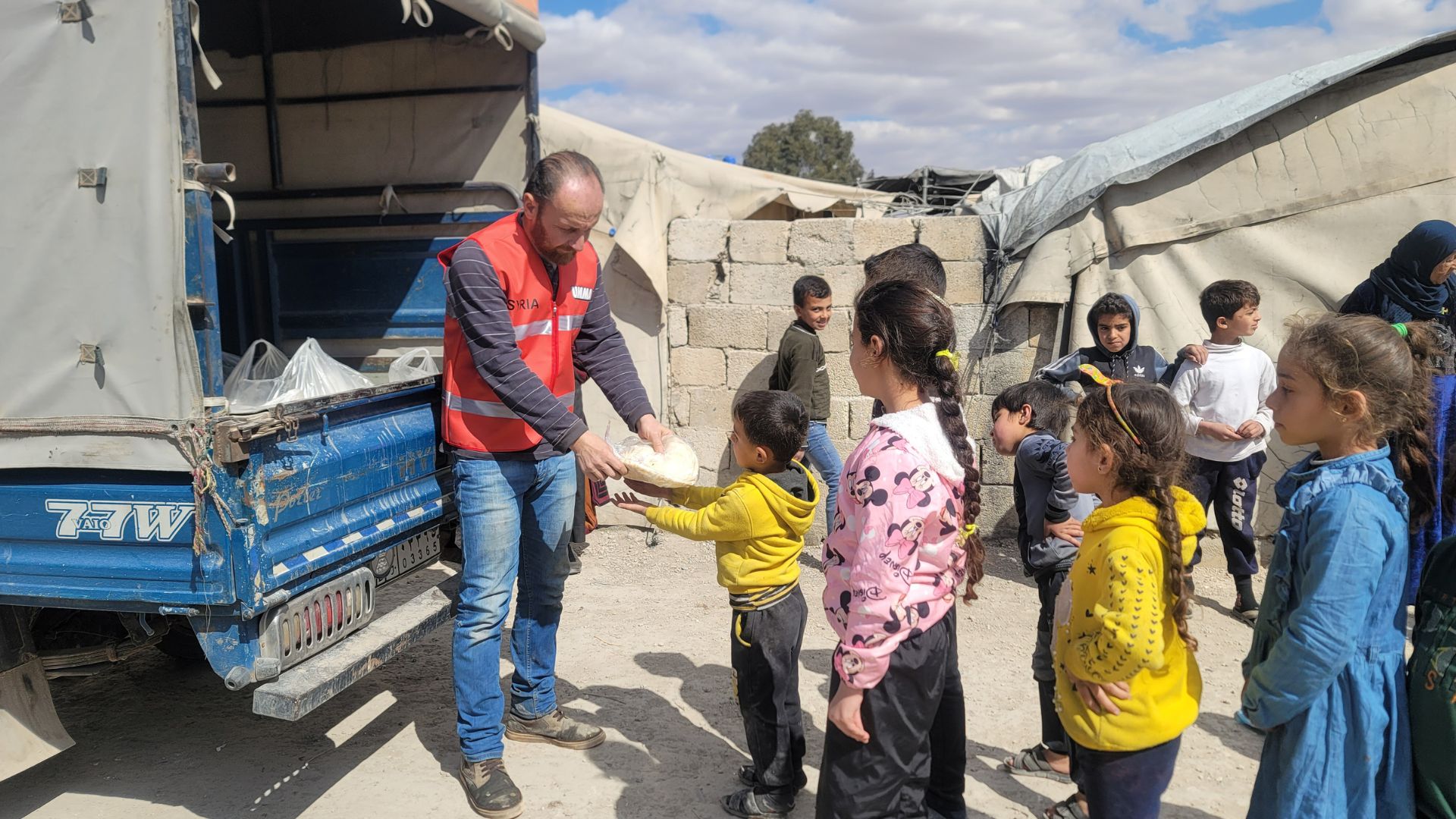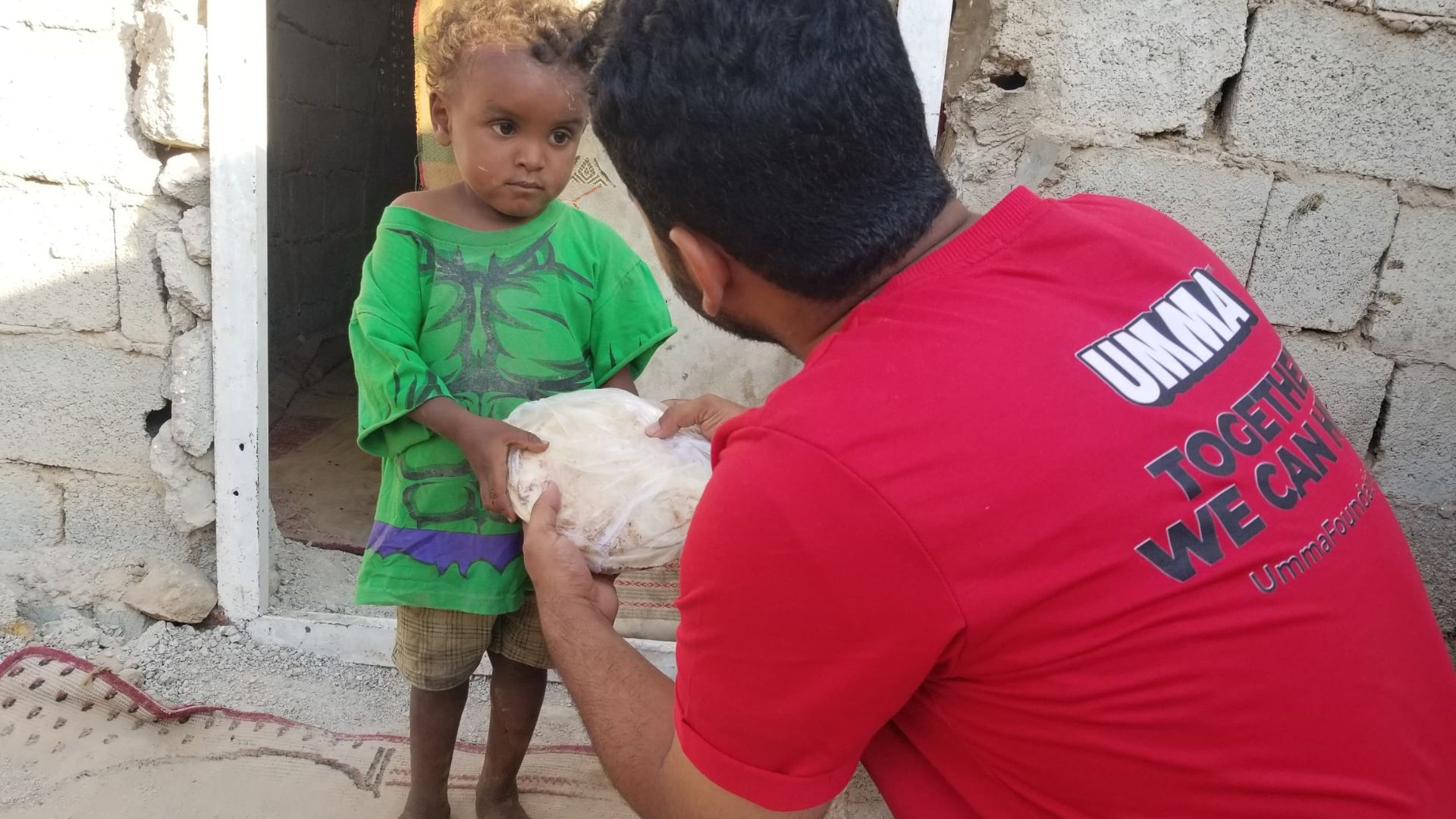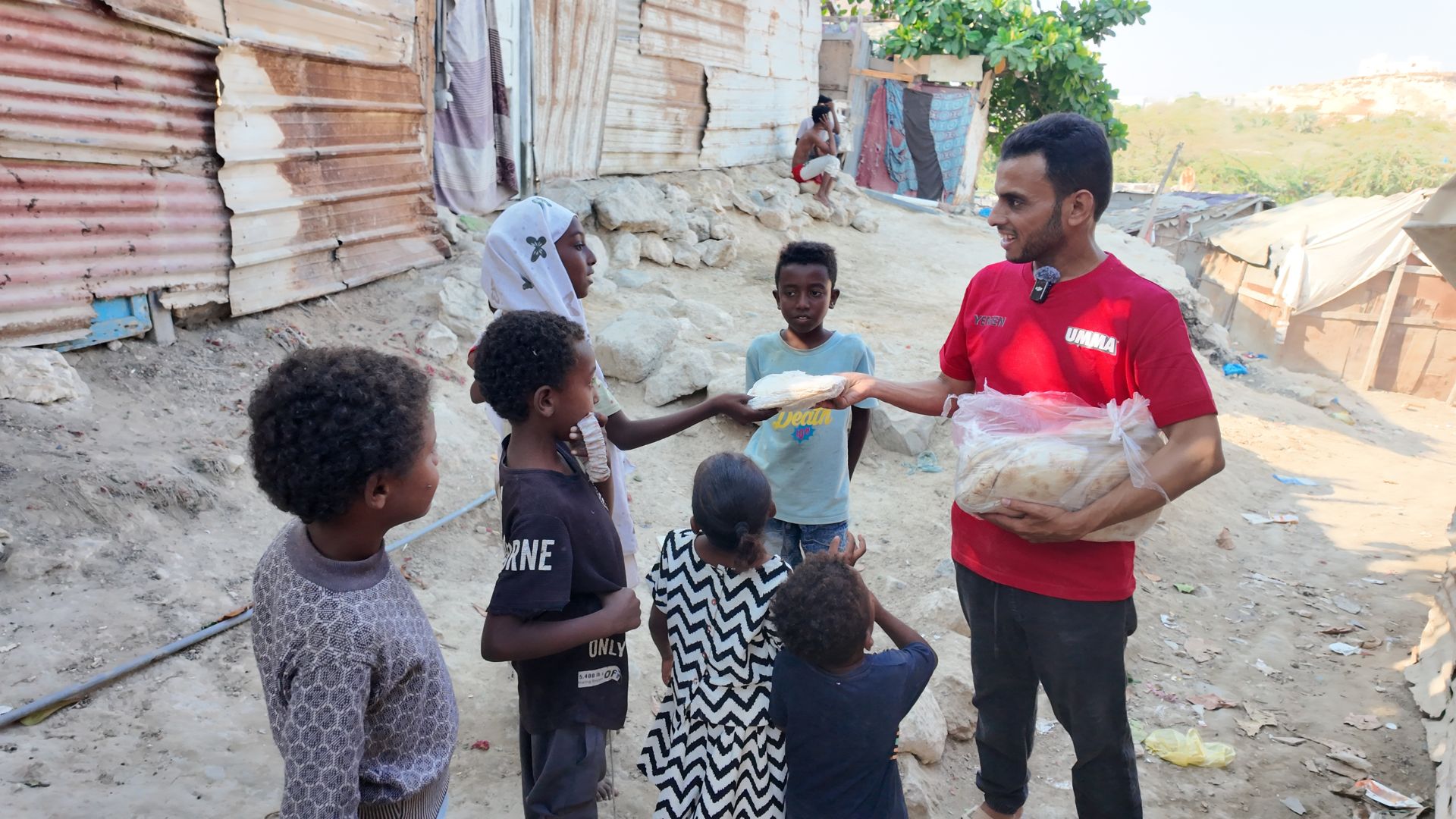Introduction
Food insecurity affects millions of people worldwide, but for many Muslim families, the challenge is even greater due to the lack of culturally appropriate and halal-certified food. That's where halal food assistance programs come in—providing nourishment that respects both religious guidelines and human dignity.
In this article, we'll explore what halal food assistance means, how it serves communities in need, and how you can support it through local efforts, donations, and advocacy.
What Is Halal Food Assistance?
Halal food assistance refers to food relief programs that provide meals and grocery support that comply with Islamic dietary laws. These programs are essential for ensuring that vulnerable Muslim families—including refugees, low-income households, and elderly individuals—receive food that is not only nourishing but also permissible.
Core Features of Halal Food Assistance:
- Only includes halal-certified meat and ingredients
- Avoids cross-contamination with non-halal products
- Often coordinated through Muslim-led nonprofits and mosque food drives
Programs like the Umma Foundation Bread Campaign provide daily bread to underserved Muslim communities in places like NYC, Gaza, and Yemen.
For more on how halal principles shape hunger relief, see Islamic Relief USA's food programs.
Why Halal Food Matters in Hunger Relief
Conventional food banks often provide food that contains pork, gelatin, or non-halal meat—making it inaccessible to observant Muslims. Halal food assistance ensures no one is forced to choose between hunger and faith.
According to Feeding America, over 34 million people in the U.S. face food insecurity—and thousands of Muslim families are among them.
Benefits of Halal Food Assistance:
- Respects religious dietary needs
- Maintains human dignity and cultural familiarity
- Encourages zakat and sadaqah-based giving
- Builds trust within underserved communities
For more on food insecurity in Muslim communities, explore Pew Research Center’s religious demographics.
How to Support Halal Food Assistance Programs
Whether you're an individual, a community leader, or a business owner, here are ways you can help halal food relief efforts grow.
1. Donate to Halal Food Charities
Your financial support helps provide fresh meals and groceries to families.
2. Volunteer Locally
Join distribution events, sort pantry items, or help deliver food to those who can't travel.
- Umma Foundation's Contact Page
- Masbia Soup Kitchen Network (includes halal options in NYC)
3. Advocate for Faith-Based Food Access
Encourage local food pantries and aid groups to carry halal items. Contact city officials, interfaith coalitions, and charity boards.
4. Partner With Halal Restaurants
Places like Yala NYC—a 100% nonprofit halal restaurant—donate proceeds to feed Muslim families.
5. Start or Sponsor a Mosque Food Drive
Support your masjid in organizing halal-friendly donation drives during Ramadan or winter months.
Top 5 Charities Providing Halal Food Assistance
Here are five impactful charities making a difference in halal food access:
- Umma Foundation
Provides daily bread, grocery relief, and zakat-eligible food campaigns across NYC, Yemen, Gaza, and Sudan.
🔗 ummafoundation.org - Islamic Relief USA
Offers global food packages and emergency halal meals in over 30 countries.
🔗 irusa.org - ICNA Relief
Operates halal food pantries and weekly distributions in cities across the U.S.
🔗 icnarelief.org - Human Concern International
Canada-based Muslim nonprofit distributing halal groceries during crises and Ramadan.
🔗 humanconcern.org - Masbia Soup Kitchen Network
Brooklyn- and Queens-based kosher and halal-friendly food kitchens serving hot meals daily.
🔗 masbia.org
Final Thoughts
Halal food assistance programs are more than food distribution efforts—they're an act of dignity, equity, and faith. Supporting these efforts helps ensure that no Muslim family goes hungry due to religious barriers.
📢 Whether you donate, volunteer, or share this message, your role in expanding halal food assistance makes a lasting impact.
🔗 Learn more, get involved, or start your own campaign at ummafoundation.org











